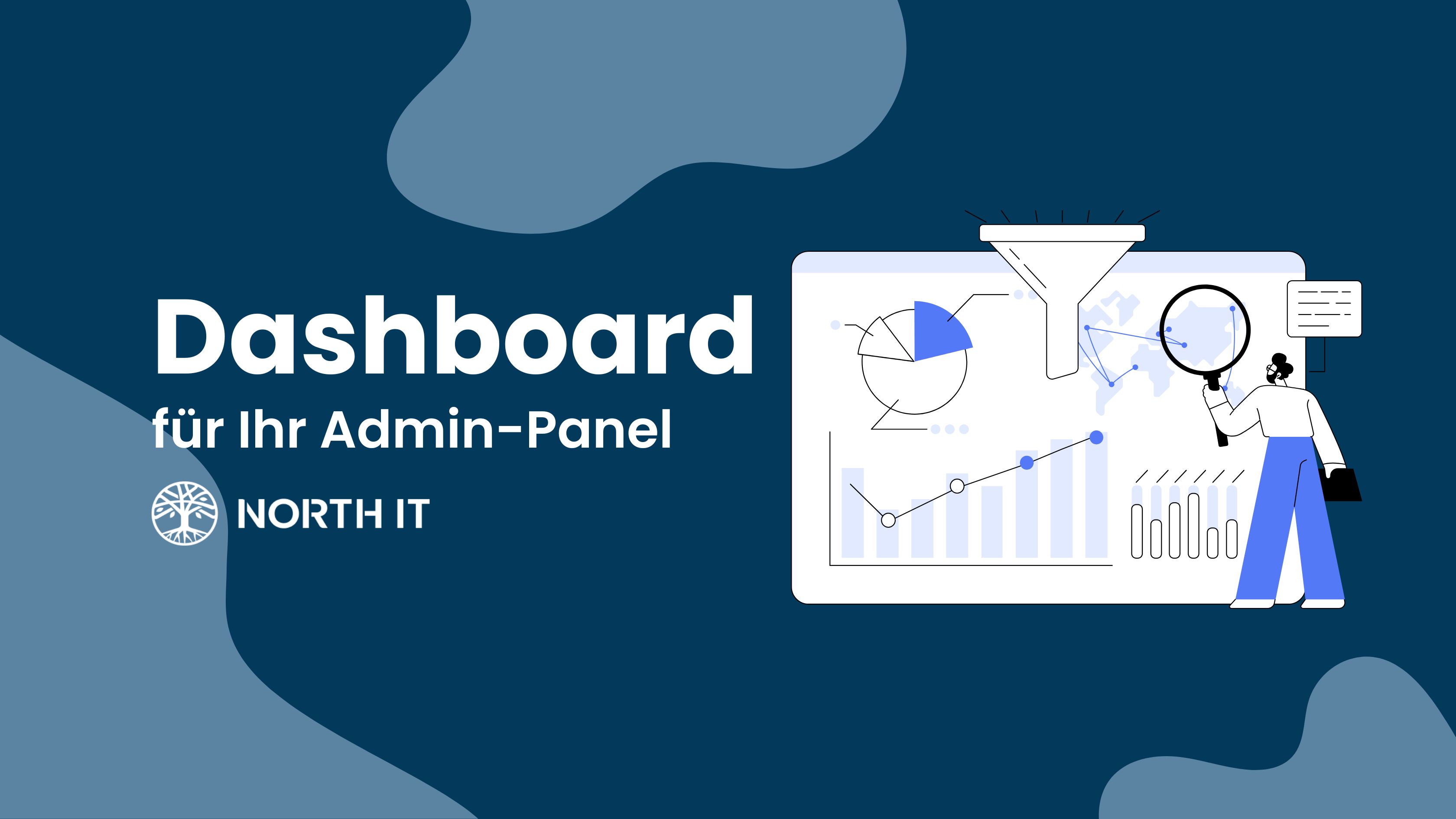5 trends in the use of AI in 2024
Artificial intelligence (AI) is constantly evolving and revolutionizing the way we digitize business processes and shape our working world. With the rapid growth of this technology and its increasing integration into a wide range of business areas, company managers are challenged more than ever to maintain an overview and set the right course for the future. Here are the five key trends that will shape AI usage in 2024.
What you need to know:
- AI inference on a large scale optimizes and accelerates business processes.
- Sustainability and energy efficiency are becoming increasingly important in AI technology.
- Distributed data processing enables innovative AI applications at the edge.
- APIs facilitate the integration and use of AI tools in secure software development.
- Ethical framework conditions and explainable AI will be essential for the acceptance of AI.
Focus on AI inference on a large scale
The ongoing digitalization of business processes means that companies are increasingly moving from the initial training of neural networks to the productive use of AI models. AI inference, i.e. the use of trained models to analyze data and make decisions in real time, will play a key role in 2024. However, this requires immense computing power, and companies are therefore looking for more efficient alternatives to conventional graphics processing units (GPUs).
Importance of sustainability and energy efficiency
In light of rising energy costs and growing environmental awareness, the sustainability and energy efficiency of AI applications are becoming increasingly important. Data center operators and developers of AI tools are therefore challenged to find solutions that are not only powerful but also energy-efficient in order to weigh the pros and cons of artificial intelligence and find a balance.
Distributed and complex data processing
The increase in the intelligence of simple devices and the spread of the Internet of Things (IoT) are leading to distributed data processing that extends from public and private clouds to the edge. Companies that focus on specialized AI solutions and ensure secure software development will be able to prevail in this highly competitive environment.
APIs to simplify AI tools
In order to integrate AI tools cost-effectively and simplify the use of data and automation, companies are increasingly relying on powerful APIs. These interfaces make it possible to integrate complex AI functions into existing systems and thus make business processes more efficient.
Ethics and frameworks for AI tools
The responsible use of AI will become even more important in 2024. The development of ethical guidelines and governance processes is crucial to gaining the trust of users and creating a legal framework that carefully weighs up the pros and cons of AI.
The five trends listed here clearly show that AI not only plays a central role in the digitalization of business processes, but also poses new challenges to the security, efficiency and ethical responsibility of companies. Company managers are therefore well advised to follow these developments closely and act accordingly.
Advantages of artificial intelligence
Increased efficiency: AI systems can automate routine activities, leading to a significant increase in efficiency and productivity. This enables companies to make better use of resources and focus on creative and strategic tasks.
Improved decision-making: By analyzing large amounts of data, AI can gain valuable insights that lead to more informed decisions. This is particularly beneficial in areas such as finance, marketing and healthcare, where accurate data analysis is critical to success.
Personalization: AI makes it possible to create personalized experiences for customers by learning preferences and behaviors and responding accordingly. This can increase customer satisfaction and loyalty.
Disadvantages of artificial intelligence
Job losses: Automation through AI can lead to job losses, especially in sectors where human labor can be replaced by machine efficiency.
Ethical concerns: The use of AI raises questions regarding data protection, monitoring and control. It is essential to create ethical guidelines and governance structures to protect users' rights and prevent abuse.
Image source: North IT Group



